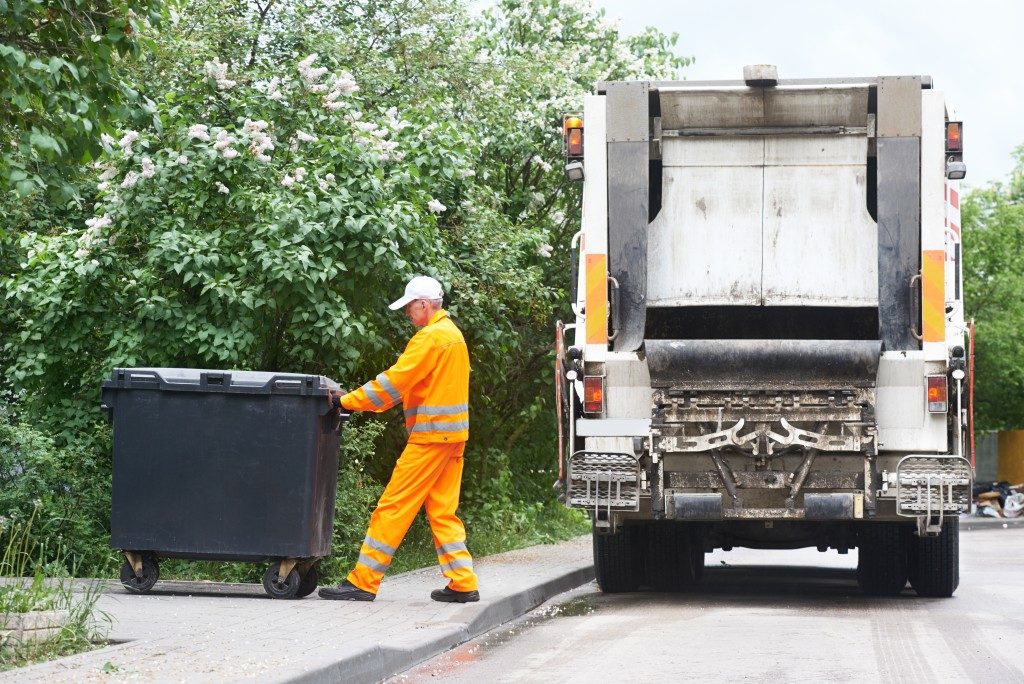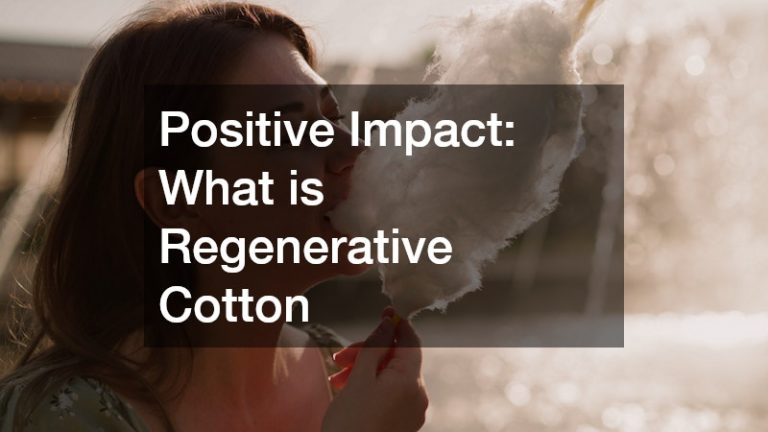As one of the most populated cities in the country, Sydney produces a lot of garbage. According to the city council, it will send not less than 200,000 tonnes of rubbish to landfills annually starting in 2030. Australia no longer used incinerators to burn them. As the population increases and the wastes go up, the city will likely to fill these landfills quickly and may have to send them more than 200 kilometers away.
Wastes that accumulate in the landfills will end up buried, where they end up producing methane. Methane, like carbon emissions, can increase the greenhouse effect. In Australia, it contributes around 3% of the total greenhouse gases.
It’s therefore not surprising that the city takes solid waste management to heart. That includes stressing who should be responsible when it comes to separating rubbish and who should collect it.
Business Wastes
The city council doesn’t collect business wastes. There are two reasons for this:
- Your volume of residues may be significant.
- You may be producing hazardous wastes. These are those that can potentially harm human health or the environment or both.
If you’re an establishment, you need to hire a waste disposal or rubbish removal team to help you. Only professionals may be able to handle them since they already have the knowledge, training, and expertise. When looking for a company, make sure they have the following:
- Permits and licenses, especially when if they have to transport the waste and dispose of them
- Proper equipment and gear
- Right trucks, which should be following environmental regulation laws
You can search for businesses that offer a skip bin hire in Sydney if the volume of wastes is high or for bigger jobs such as demolition.
Household Wastes

You are chiefly responsible for sorting your waste, and in Sydney, you follow the three-bin system:
- Red bins for the general waste
- Yellow bins for the recyclable materials
- Green bins for organics including food scraps, tissue paper, and paper towels
Note, though, your community may have other designations for these colors, or there may be some types of waste you cannot place in a specific bin. For example, yellow bins may be for recyclable materials except for wet paper or broken glass.
You also cannot throw away hazardous materials such as broken lightbulbs and old batteries into the trash. Households, though, tend to have these kinds of wastes. To deal with them, you can look for recycling centers and drop-off areas in Sydney.
The city council will collect the other types of waste, but you may need to pay a fee for that. The cost of the service will also increase once you upgrade your bin to a much bigger size.
To ensure businesses and individuals follow the solid waste management rules, the city has hefty fines for the violators. The EPA can fine you $7,500 for individuals caught for illegal dumping on the spot. Companies pay double for the same offense.
The maximum penalty can go as high as $250,000 for a person and about a million for corporations. The EPA can also charge you with more fines depending on the number of offenses.
But regardless of whether there’s a fine or not, it’s your responsibility to do your part in keeping Sydney clean. Pay attention to your rubbish and where you throw them.











